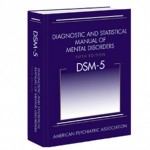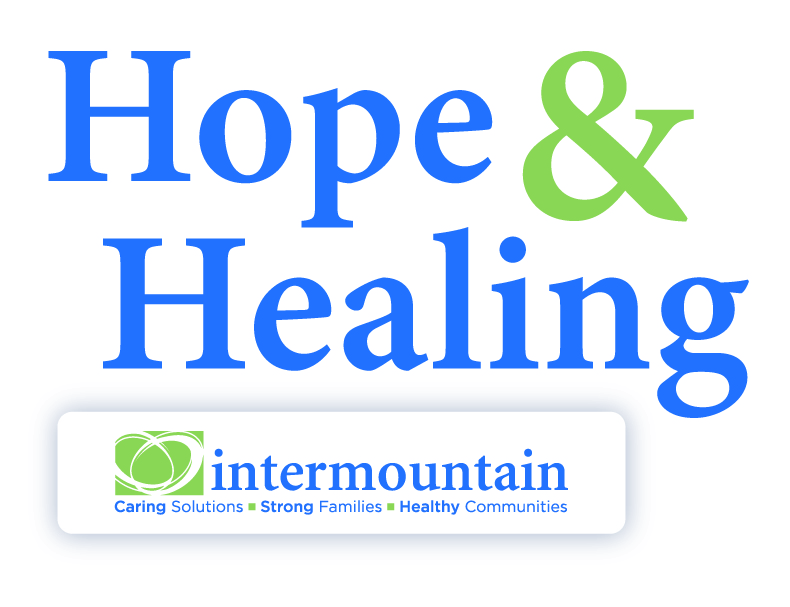Using the DSM-5 for Effective Assessment and Treatment. A DVD training by David Mays, MD, Ph.D.
When: October 4th, 2013
Time: 9:00am – 5:00pm
Where: Intermountain Lecture Hall, 3240 Dredge Drive

Mays, M.D., Ph.D., is a licensed physician in the state of Wisconsin and author of the Major Mental Illnesses Pocket Guides series (Premier Publishing and Media, 2012). He is Board Certified by the American Board of Psychiatry and Neurology, and has Additional Qualifications in Forensic Psychiatry. He is an Assistant Clinical Professor at the University of Wisconsin, Madison, with dual appointments in the departments of the School of Medicine and Public Health, and the Department of Professional Development and Applied Studies. Dr. Mays is a fellow of the American Psychiatric Association, the Wisconsin Psychiatric Association, and the American Academy of Psychiatry and the law.
Over the last 23 years, Dr. Mays has practiced psychiatry in a variety of settings, including an HMO, an assertive community treatment program, private clinical and forensic practice, and as the clinical director of the forensic program at the Mendota Mental Health institute. This forensic program is a 180-bed program, with the only maximum security forensic unit in the state of Wisconsin. He is a highly sought after presenter on numerous topics in mental health, including psychiatric diagnosis and treatment, personality disorders, suicide and aggression risk management, mainstream and alternative treatments in psychiatry, and the biology of ethics.
OUTLINE
9:00 AM – 10:15
Foundational Framework
- How DSM® has evolved
- Organization and structure
- Defining mental disease: the courts and why it matters
The Neurodevelopmental Disorders
- Intellectual Disabilities and Learning Disorders
- Autism Spectrum Disorders and the Asperger’s controversy
- ADHD criteria changes for children and adults, for better or worse
Schizophrenia Spectrum and other Psychotic Disorders
- Treating children to prevent schizophrenia
- Is schizophrenia a lifelong illness?
Bipolar and Related Disorders
- Childhood bipolar disorder: overlooked or overdiagnosed?
10: 15 – 10:30 Break
10:30 – noon
Depressive Disorders
- Disruptive Mood Dysregulation Disorder – a new diagnosis for children
- Bereavement: normal vs. complicated
- Premenstrual Dysphoric Disorder: a mental disease?
Anxiety Disorders
- Why Obsessive-Compulsive Disorder and PTSD are no longer anxiety disorders
Obsessive-Compulsive and Related Disorders
- Hoarding Disorder
- Skin Picking Disorder
Trauma and Stressor-Related Disorders
- The unique presentation of trauma disorders
- Attachment problems and their consequences
- The instability of memory
Afternoon Session 1:00 – 2:15
Dissociative Disorder
Somatic Symptom Disorders
- Starting over and simplifying the most confusing category in DSM-IV®
Feeding and Eating Disorders
- Binge Eating Disorder
Elimination Disorders
Sleep-Wake Disorders
- Effectively treating insomnia
Sexual Dysfunction
Gender Dysphoria
2:15 – 2:30 Break
2:30 – 4:00
Disruptive, Impulse Control and Conduct Disorders
- Callous and Unemotional Specifier
- Implications for treatment of aggression
Substance Use and Addictive Disorders
- Doing away with the labels of abuse and dependence
- A breakthrough or a disaster?
- Getting addicted to a behavior: Gambling Disorder
Neurocognitive Disorders
- Mild and Major Neurocognitive Disorders
Personality Disorders
Paraphilias
- Some very bad proposals for new disorders
- Full circle: Why the definition of mental disease matters
Everything Else!
- V-codes
- Severity scales
- Suicide scales
- Cultural formulations, etc.
OBJECTIVES
- Recognize the differences between DSM-iv® and DSM-5® and the reasons for these changes.
- Discuss the controversies surrounding DSM-5® and impacts on treatment planning.
- Outline the new diagnostic categories.
- Discuss the implications of severity scales.
- Describe the social implications for including disorders in DSM-5®.
- Summarize the new DSM-5® organizational structure.
Using the DSM-5 for Effective Assessment and Treatment. A DVD training by David Mays, MD, Ph.D. Presented at Intermountain Community Services Center, Lecture Hall, 3240 Dredge Drive, October 4, 2013.




